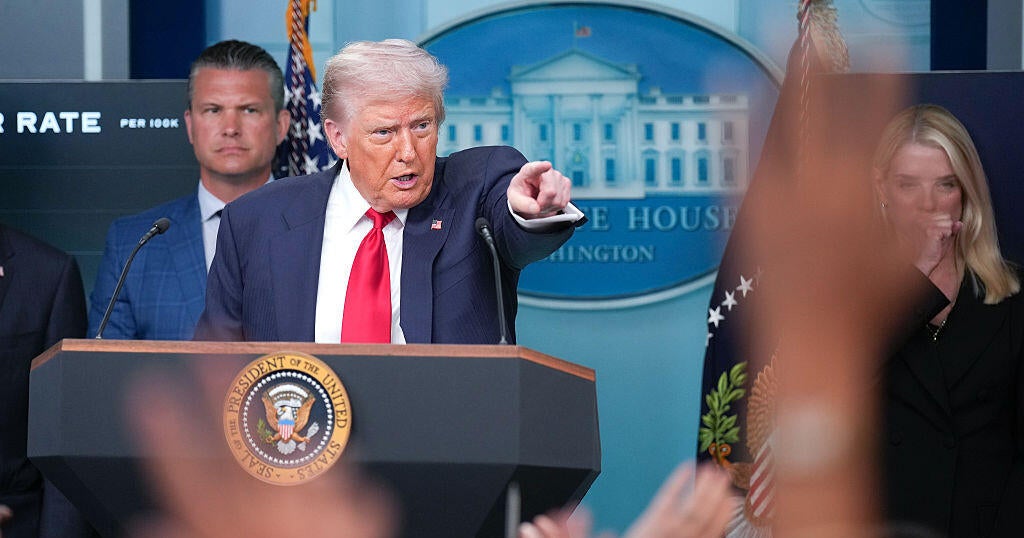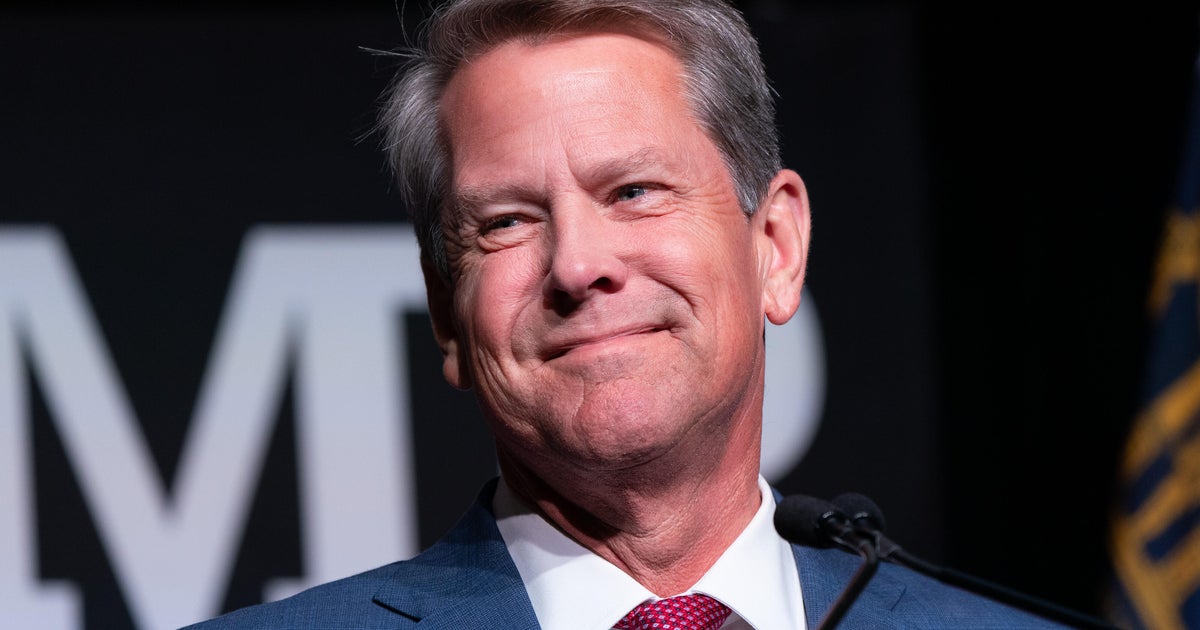Impeachment, government funding on the docket for Congress in busy December
Saving the bulk of their work until the last moment, members of Congress have several important legislative items to wrap up before leaving the Capitol later this month. Lawmakers must vote to fund the government beyond December 20, reauthorize the National Defense Authorization Act (NDAA), and deal with the next phase of the impeachment inquiry into President Trump.
The House Judiciary Committee will hold its first open hearing on Wednesday as part of the impeachment inquiry. The committee will question legal experts to determine what makes an impeachable offense, and whether Mr. Trump's actions could be considered as such. The hearing comes after Democrats on the Intelligence Committee released their report containing their conclusions from nearly two months of closed and public hearings. Republicans released their own report on Monday, which concluded that there was no evidence that the president had committed an impeachable offense.
The Judiciary Committee is responsible for drafting any articles of impeachment against Mr. Trump, as well as deciding how broad or narrow the articles should be. It could choose to limit the articles of impeachment to just Mr. Trump's actions surrounding Ukraine, or it could include allegations of obstruction of justice over the White House's refusal to cooperate with the impeachment inquiry. The committee would vote to send the articles to the floor for a full vote, although it's not yet clear if such a vote can be held before the end of December.
Although Republicans and Democrats are at loggerheads over impeachment, there will need to be some cooperation between the GOP-controlled Senate and the Democratic-led House in order to pass 12 government spending bills by December 20. There are likely to be some arguments over certain funding provisions, such as funding for border barriers.
House Democrats and Senate Republicans are also struggling to hash out a deal on the NDAA, which has been passed annually for the past 58 years. The legislation is bogged down in arguments over funding for a border wall and the creation of the Space Force.
"There's substantial opposition within my caucus to both of those two things, and we're having a hard time trying to get around that," House Armed Services Chairman Adam Smith said last week about the sticking points, according to Politico.
Republicans and Democrats in the Senate have also introduced competing versions of the Violence Against Women Act to be reauthorized. Democratic Senator Dianne Feinstein has introduced the bill which passed in the House, but some Republicans balk at a provision that would eliminate the so-called boyfriend loophole in gun purchases, banning firearms from partners convicted of abuse or under a restraining order, and one that would expand LGBT protections.
Meanwhile, House Speaker Nancy Pelosi has angered the White House by saying that the House may not pass the U.S.-Mexico-Canada Trade Agreement before the end of the year.
"She's incapable of moving it," Mr. Trump said about Pelosi last month. "It looks like she can't. Everybody knows it's a great deal. She knows it's a great deal; she said it."
As if the crowded legislative agenda was not enough, members of Congress will have to contend with other political developments. The inspector general for the Justice Department will release his long-awaited report on the origins of the 2016 FBI investigation into Mr. Trump's campaign. Meanwhile, the next will be held on December 19, the day before government funding runs out, which will affect the three senators who will be appearing on stage.





